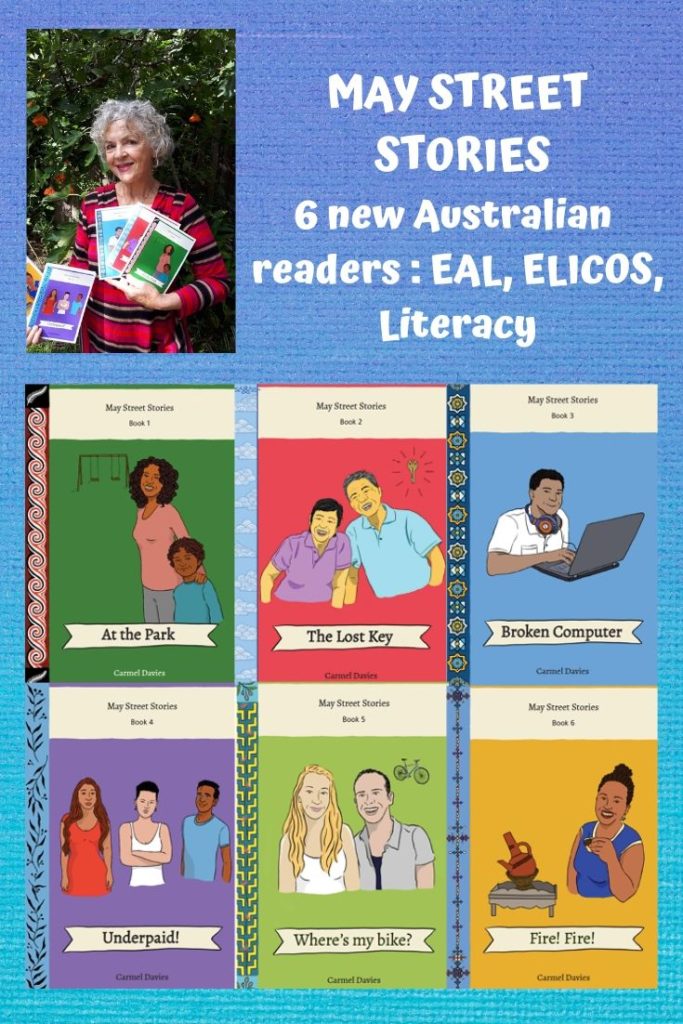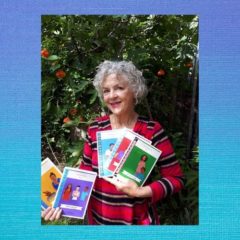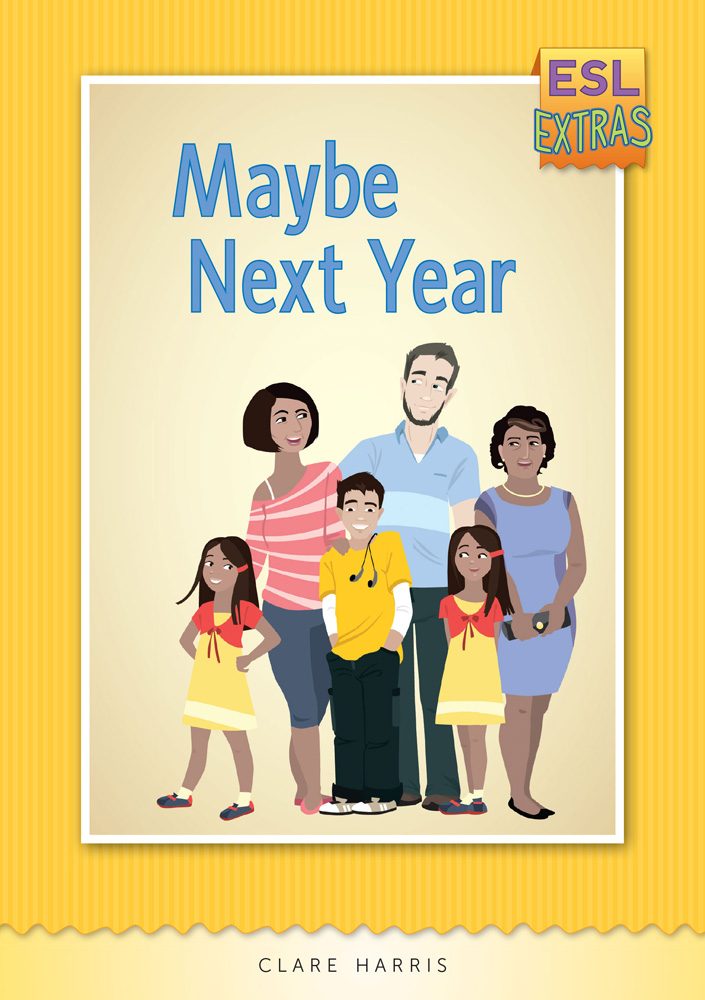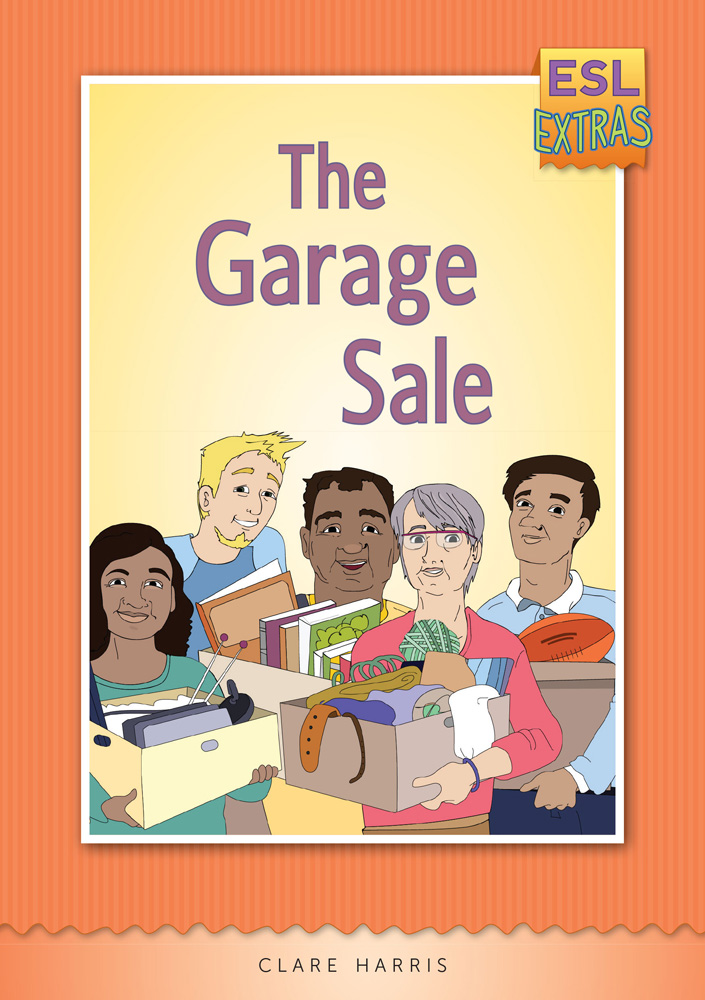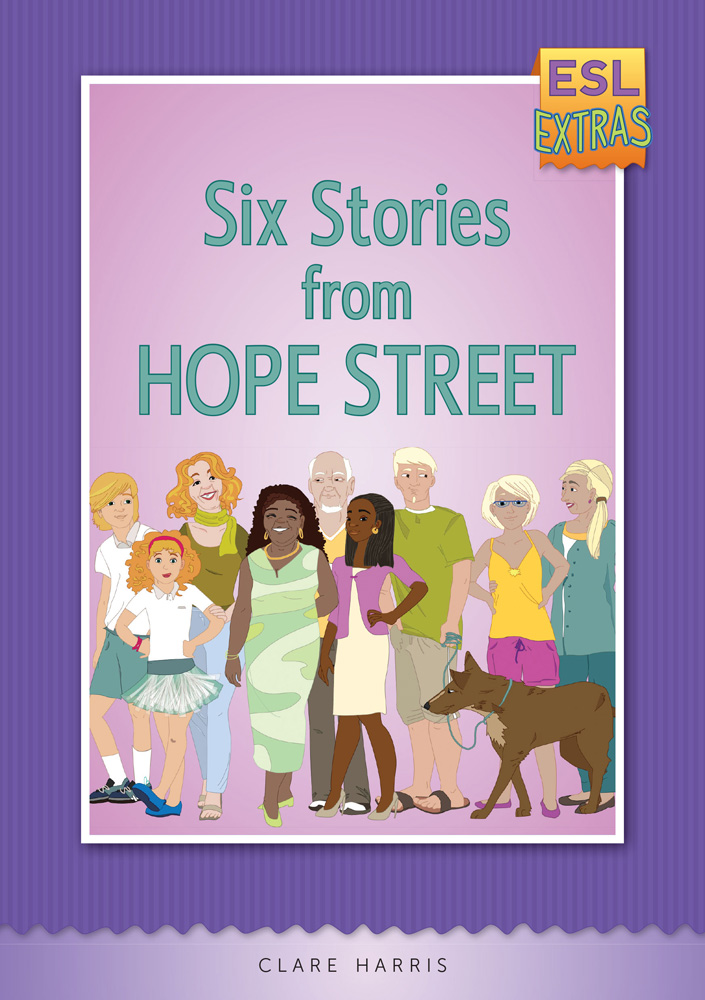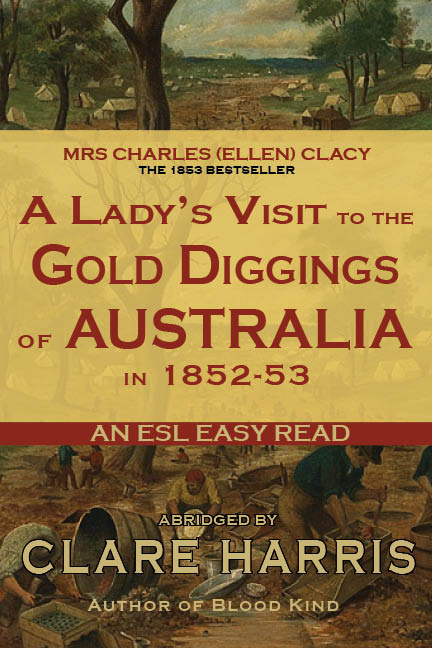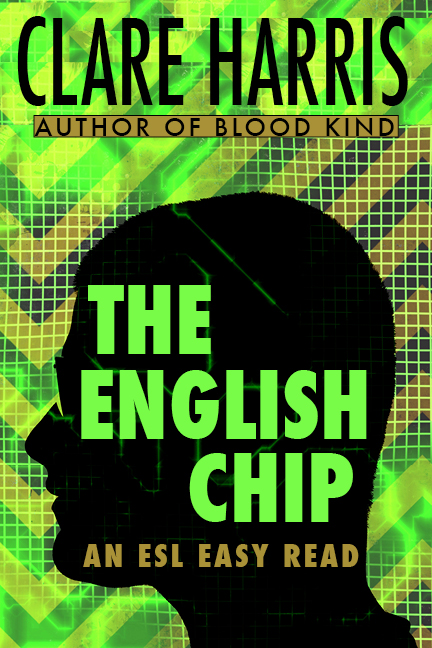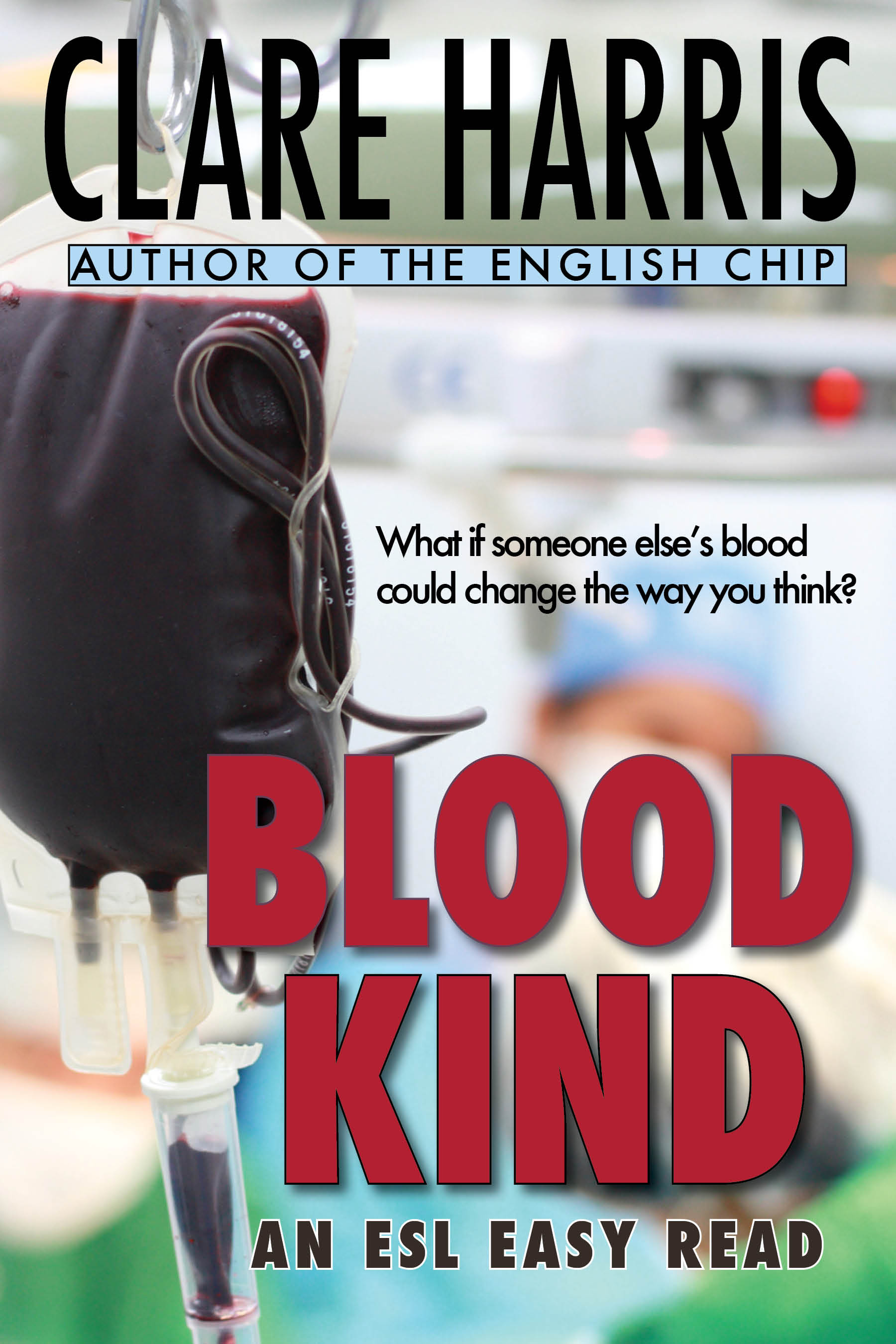In this interview, I talk to Carmel Davies at Urban Lyrebirds about her new Australian reader series, May Street Stories. You may know Carmel’s Sing With Me! books (written with Sharon Duff), or have been to one of their workshops. It’s no surprise that she’s created these lively stories that lead very easily into conversation and roleplay…
Carmel, what got you into writing ESL/EAL readers?
This was an opportunity to write down some of the stories I’ve heard and then loved for years – experiences my students or friends have had, whether inspiring or cautionary. Also, in the last few years, local reading resources have been thin on the ground…
So the books are based on real life events?
Well, loosely. For example, Fire, Fire! partly comes from an experience I had, when we had a Ethiopian Coffee Ceremony in the lobby at work, and the smoke set off the sprinkler system! Our students also found that roasting green coffee beans and cooking popcorn would set off their home smoke alarms, and we often had the Fire Brigade coming to classes to warn them about this problem… so these things came together.
Wow, great topic…
Then there’s the story of the international student who’s underpaid at work and afraid to complain – we’ve all heard of this happening.
Sadly, that’s true...
It does have a happy ending! So does the story about the elderly Chinese couple looking after their grandchild and getting locked out of their apartment – another situation that we’ve all been in or heard about.
So these are all problem, resolution stories.
Yes. I wanted to have a real narrative and reason to read, that drama that keeps us interested in what will happen next. The stories are about people who live in the same block of flats, and who all resolve their various problems through meeting with a neighbour. So there is that focus on neighbourhood connection and supporting each other.
What level are they aimed at?
We’ve said Post-Beginner (or CEFR A1), but the stories are mostly present tense, mainly short sentences, with pictures to supplement the text. So I think any strong beginners in the group should be able to keep up, especially if they have higher oracy than literacy skills, and can listen while the teacher reads.
I followed the AMES Australia grammar book, Good, Better, Best, Level 1 and tried to keep to those grammatical structures, but I wasn’t rigid about what I could include. (Sometimes you can’t avoid things like ‘How long have you been in Australia?’ even if students haven’t formally learnt the present perfect.)
And the books are for adults?
Absolutely, for adult and young adult migrants, refugees and international students.
How do you see them being used?
In class, of course, but also in libraries, and in conversation groups. They’d be perfect for library book clubs or volunteer-led groups, because the stories are only 12 pages long – around 450 words – easy to complete in a session, and to follow up with the conversation activities in the back of each book. The teacher or volunteer can read aloud, but there’s also free online audio, which should be released later in March.
How could a classroom teacher extend the reading?
There are two pages of language activities in the back of each book, like true/false, gap filling, matching, as well as those open-ended conversation prompts that link the stories to the learners’ own lives. The dialogue in the stories has been written to provide language practice in real life situations, and be used for role-play.
Could we see a sample page?
Of course…
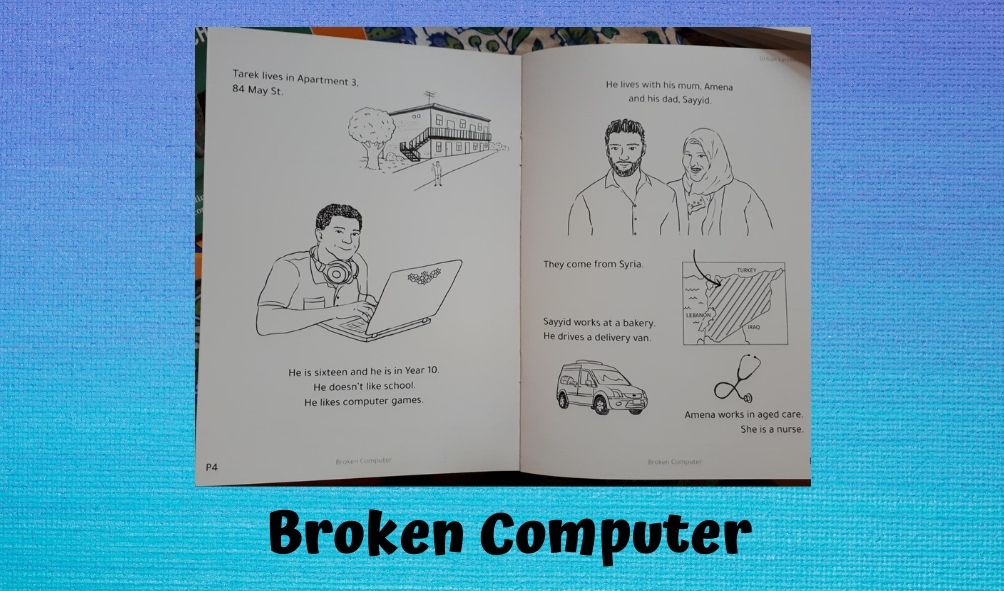
Thanks. So very visual! If we want to read more, where are they available?
They’re distributed by Bookery, but they’re also available at your usual language bookshop or library supplier.
UPDATE: The May Street readers are now also available in pdf format on the Urban Lyrebirds website!
Finally, are there any follow-up activities – or books – planned for 2020?
Yes! I’ve been attending some wonderful drama workshops with Jodie Whitehurst, who got an ISS fellowship last year to investigate drama and ESL. Her workshops offer a structured way of exploring a story. They’re so invigorating, and teachers are relishing the new approach. She’s doing a webinar on Drama and ESL for Adult Learning Australia (ALA).
Sharon [Duff] and I are also doing an ALA webinar on using song in the classroom when teaching adults English, so look out for these two PDs, especially if you live out of town and can’t get in to PD events.
On the book front, Sharon and I are working on some more readers, which should be ready for release in September. We’ll keep you posted.
Thanks, Carmel! Wishing you well with them!
